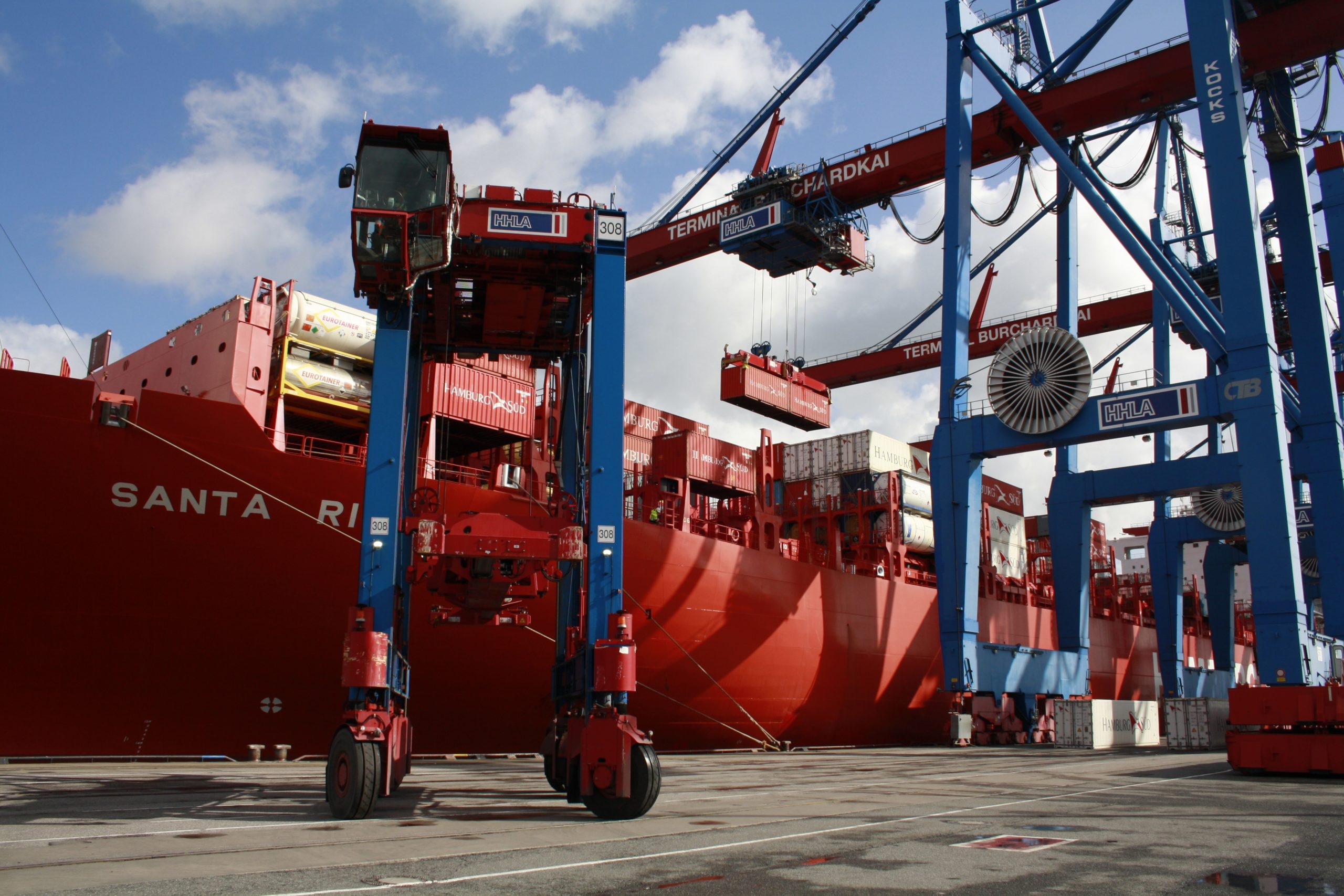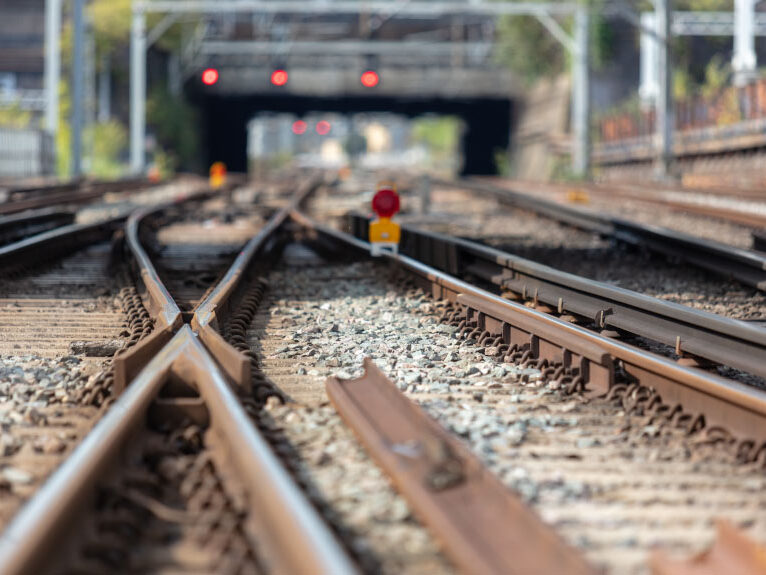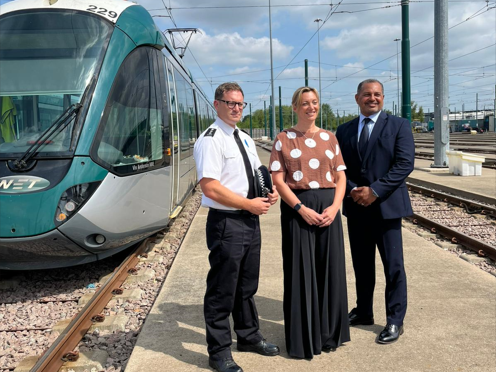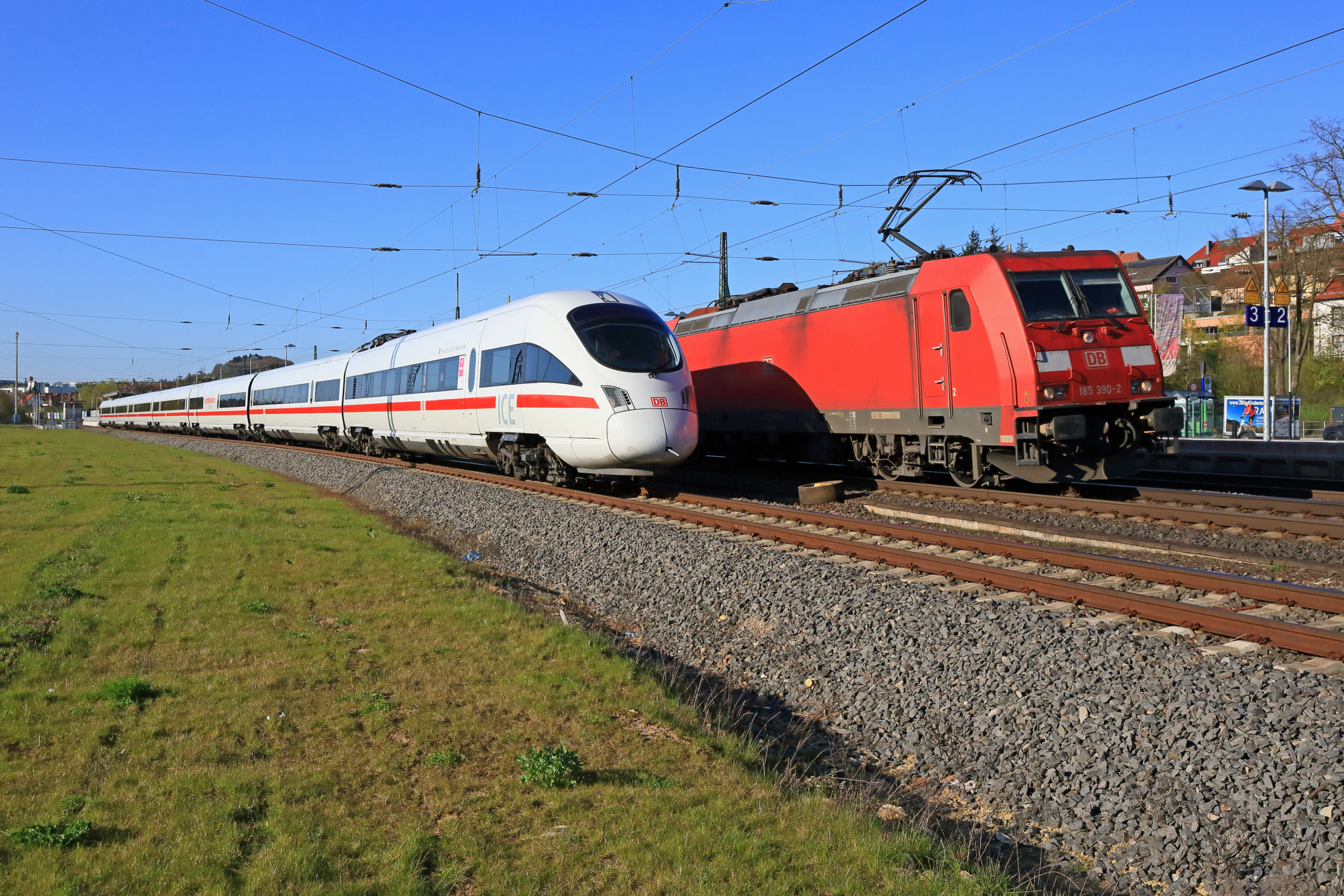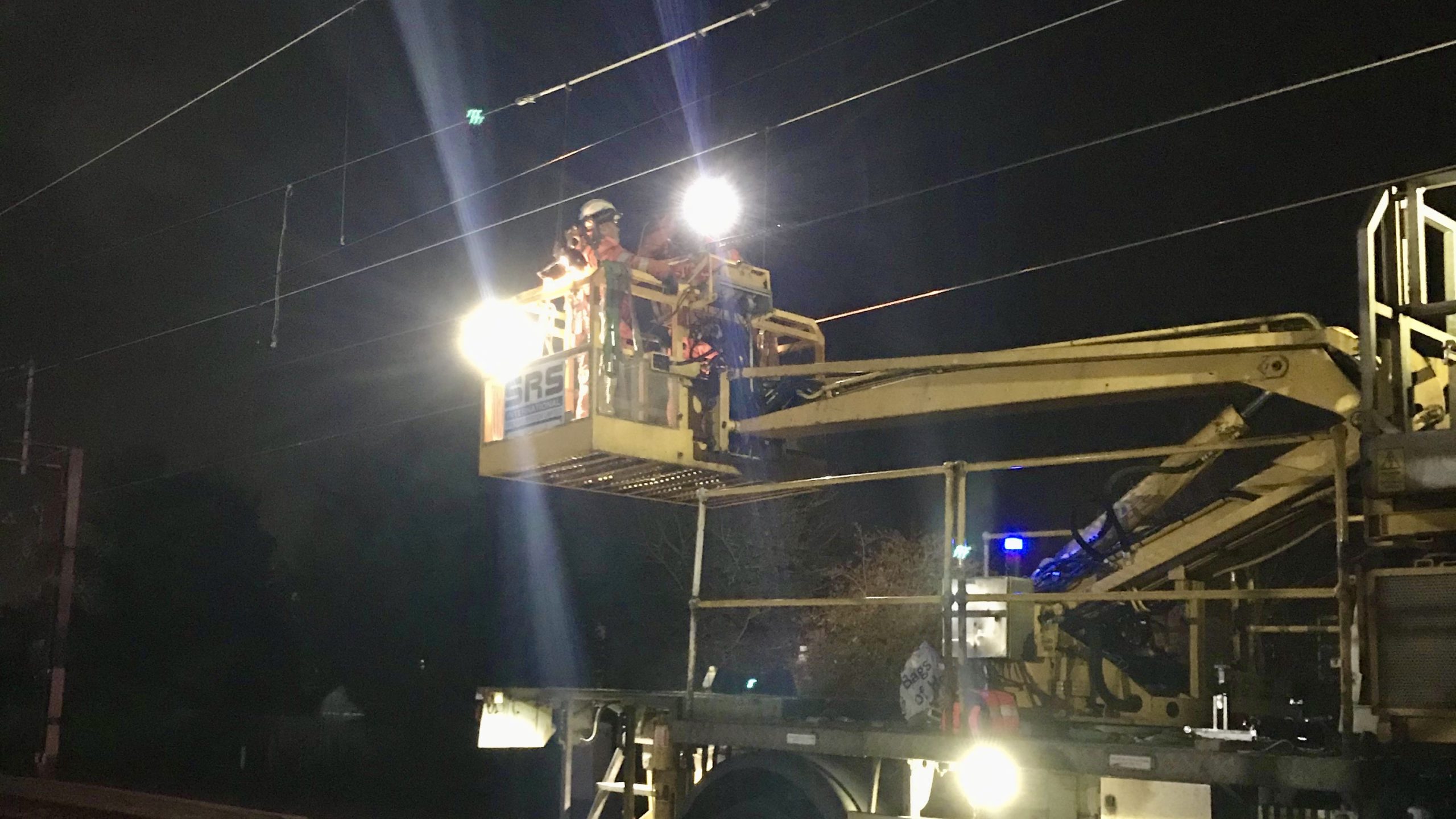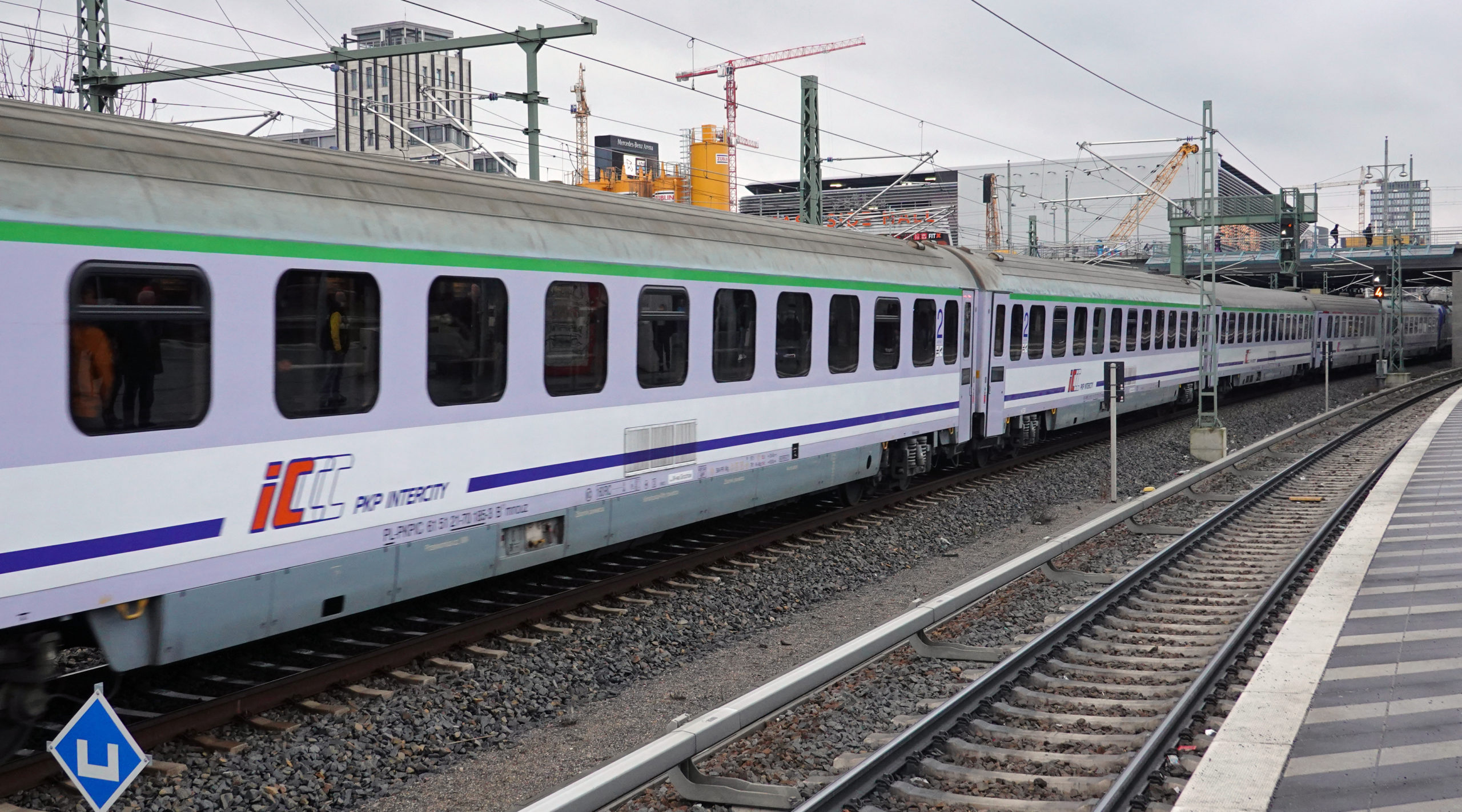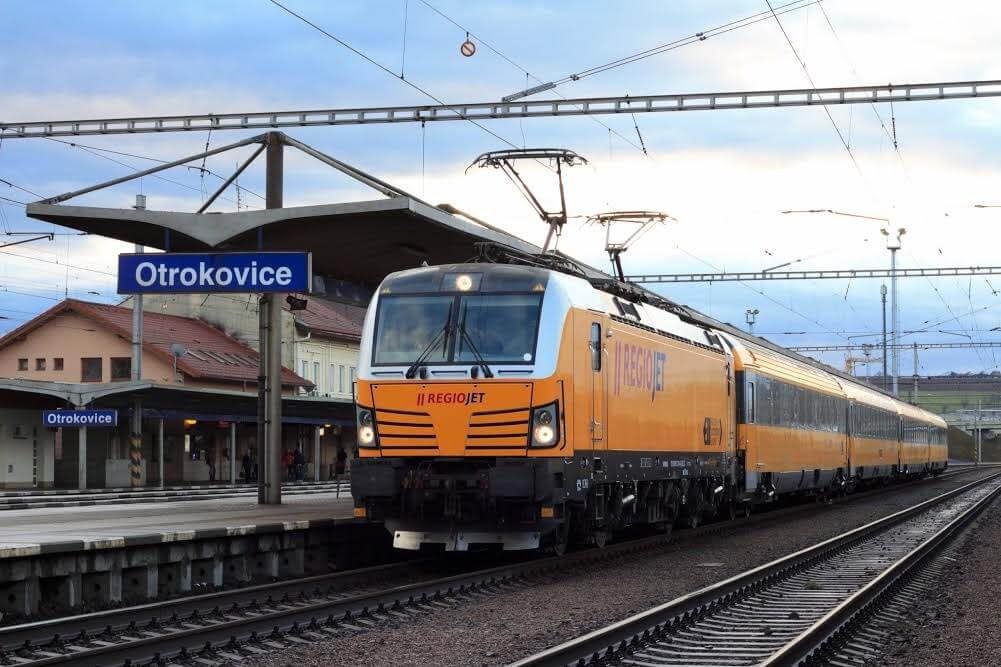Germany: freight operators and rail industry associations have signed the charter “Gemeinsam die Corona-Krise bewältigen” (Defeating the Coronavirus Crisis Together).
The charter highlights that the coronavirus pandemic is presenting logistical challenges to the economy that raise wholly new questions: who can the population be supplied with vital goods over the coming weeks and months? And how can companies access the goods they need for their manufacturing output?
The signatories are:
- Allianz pro Schiene
- DVF – Deutsches Verkehrsforum
- MOFAIR e.V.
- NEE – Netzwerk Europäischer Eisenbahnen e.V.
- DB – Deutsche Bahn
- HPA – Hamburg Port Authority
- VDB Verband der Bahnindustrie in Deutschland e.V.
- Kombiverkehr Deutsche Gesellschaft für kombinierten Güterverkehr mbH & Co. KG
- VDV – Die Verkehrsunternehmen
- VPI – Verband der Güterwagenhalter in Deutschland e.V.
- Bundesverband Güterkraftverkehr Logistik und Entsorgung (BGL) e.V.
- Eisenbahn- und Verkehrsgewerkschaft (EVG)
The signatories are committed to working together to maintain the availability on infrastructure and operations as stably and reliably as possible. They say they can only meet this challenge if they work together. Associations, businesses and experts want to suggest solutions together and act quickly in co-operation with the state.
“Rail freight transports are system-relevant”
Freight trains transport important raw materials but also food and medical goods. Entire industries, such as power stations and the chemical industry, but also sea ports are dependent on rail freight because freight trains can transport very large volumes of cargo. Over long distances a freight train can transport these large volumes with a comparatively small number of personnel. A single freight train replaces 30–50 lorry trips. At national borders, drivers can simply change, allowing the freight to continue its journey unhindered.
Preparation Is Key
Predicting all of the consequences of the coronavirus pandemic is impossible. The signatories envisage a broad range of scenarios, from running additional services that need to be taken over from road transports on a large scale, to reducing rail freight services to an absolute minimum.
The Charter states:We will prepare for both a growth scenario as well as basic supply scenarios together with the industry, both from a design and an organisational perspective, so that we are as prepared as we can be for the coronavirus developments and can meet the needs and opportunities of the parties involved.
The charter calls on the state and the rail sector to come up with solutions for the transport market should turnovers be reduced as a result of the crisis.
Guaranteeing the Security of the Supply Chain
To make sure freight trains can operate, it is not enough to ensure the immediate operations of trains and the availability of the rail infrastructure. Train drivers, wagon examiners and traffic controllers, as representatives of system-relevant jobs, can only be deployed when the framework conditions are suitable. This means childcare must be in place, along with hotels in the locations where train drivers switch over. Workshops for rolling stock maintenance must be available. It should also be checked whether altered opening hours or altered construction site schedules for the rail network could contribute to ensuring the security of the supply chain during the coronavirus pandemic. This approach takes into account the needs of customers and employees in all significant areas and includes co-operation with other transport providers.
Concluding the charter, the signatories said:The signing institutions and parties are aware of their responsibility in the coronavirus crisis. The situation emphasises the great economic significance of rail freight as a secure and high-performance column of the transport system. In the spirit of this joint statement we face that responsibility and participate in the communal efforts to secure supplies with freight trains during the coronavirus crisis.
The charter was signed in Berlin on 26 March 2020.
Also read:
- Increased Demand for Rail Freight Services
- Rail Industry Providing Stability During Coronavirus Pandemic
- UK Department for Transport Suspends Normal Franchise Agreements
- UWC Receives Hopper Car Order

